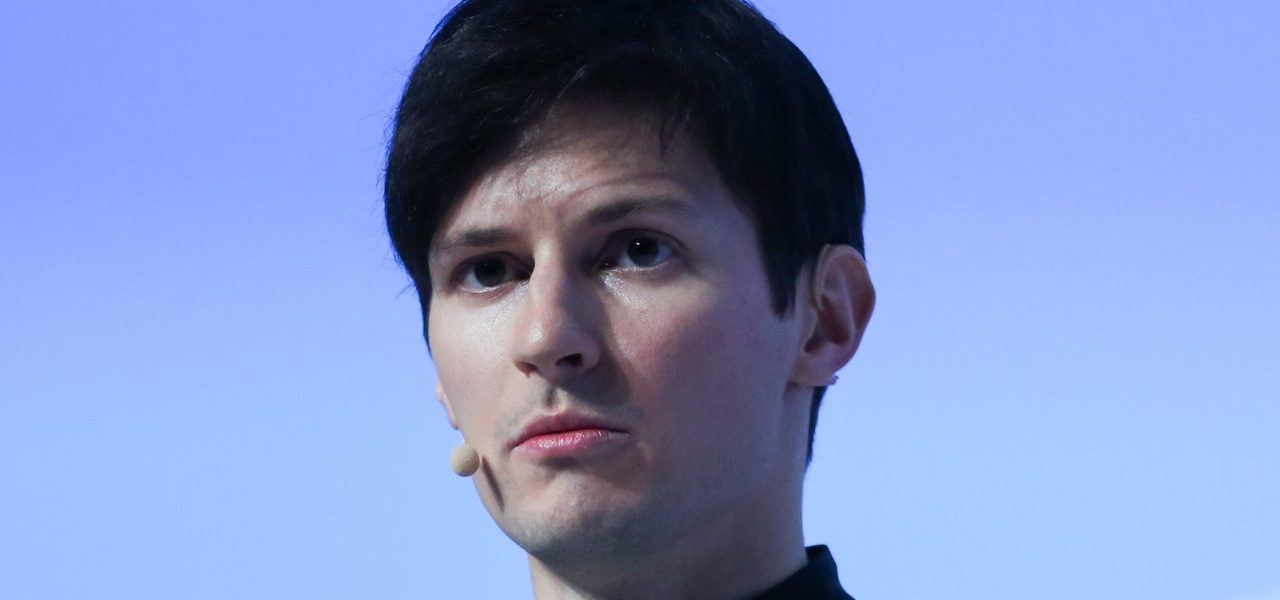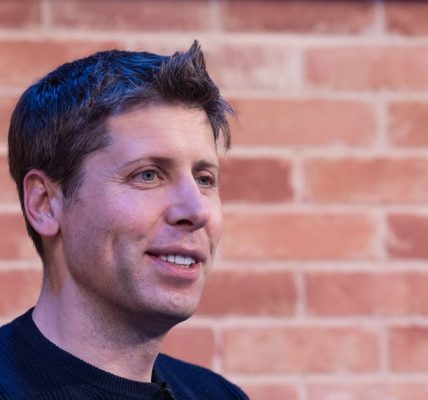Durov’s arrest in France is not a political decision: the French judiciary should not intervene to prosecute what is happening on social media
France’s president, Emmanuel Macron, said on Monday that Durov’s detention is “in no way a political decision.” “It is up to the judiciary, in full independence, to enforce the law,” he added in a post on X. The European Commission tells WIRED the arrest was conducted under French criminal law and is not connected to new European regulation for tech platforms. “We are closely monitoring the developments related to Telegram and stand ready to cooperate with the French authorities should it be relevant,” a spokesperson says, declining to be named.
Durov was arrested at an airport near Paris on Saturday after his private jet landed. He was then detained for four days as part of an investigation into alleged criminal activity taking place on Telegram. According to a statement from the Paris prosecutor, he was indicted and forbidden from leaving the country. He was released under judicial supervision, the statement said, and must post a €5 million ($5.5 million) bail and report to a police station in France twice a week.
The Telegram founder was placed under formal investigation for a range of charges related to child sexual abuse material, drug trafficking, importing cryptology without prior declaration, as well as a “near-total absence” of cooperation with French authorities, Laure Beccuau, the Paris prosecutor, said on Wednesday.
“This is what led JUNALCO [the National Jurisdiction for the Fight against Organized Crime] to open an investigation,” she said. Durov is not allowed to leave the country and has to report to a police station twice a week.
Durov is the first high-profile victim of a shift from officials, who lost patience with the platforms they considered to be fueling crime or roiling domestic politics. Evelyn Austin, the director of Dutch digital rights foundation Bits of Freedom said that the arrest of Durov comes at a particularly volatile time for online platforms.
This is bigger than Telegram. European fines for Big Tech infractions now reach into the billions of dollars. Negotiations continue over new laws that critics say threaten encryption. It is being thought that social media platforms are responsible for criminal actions of their users. A poll in the UK this summer found that two-thirds of respondents agree that companies should be held responsible for the content they host which can spark riots. The same number of respondents felt that the sites are regulated too little. In a year’s time, calls for a suspension of access to a range of social media sites have become almost commonplace in France, New Zealand and Brazil.



